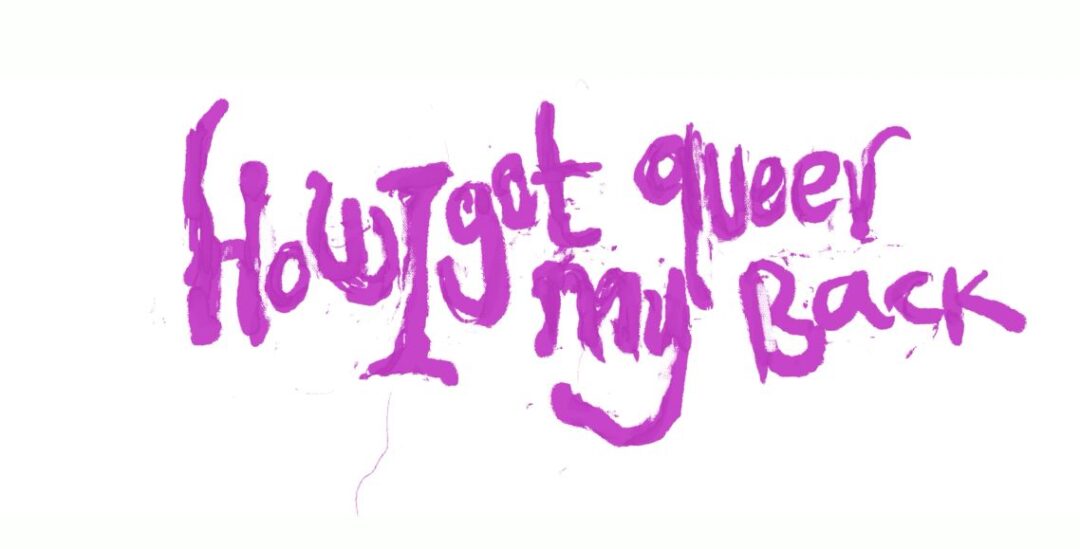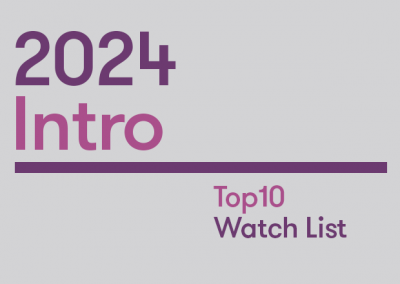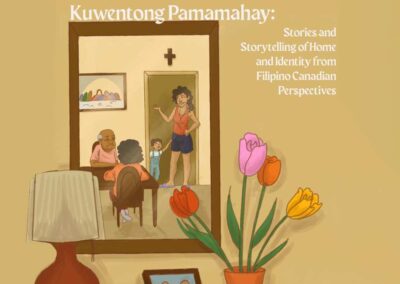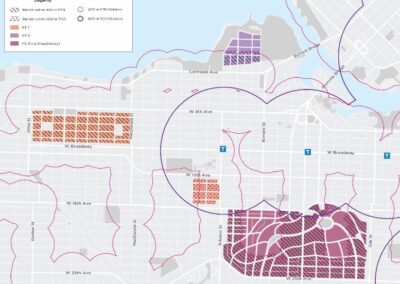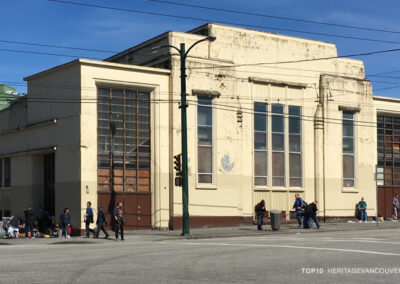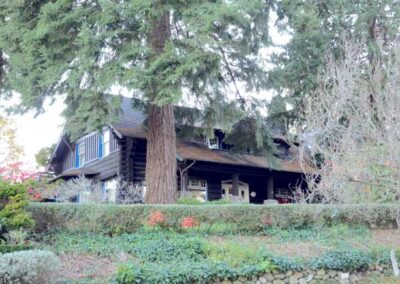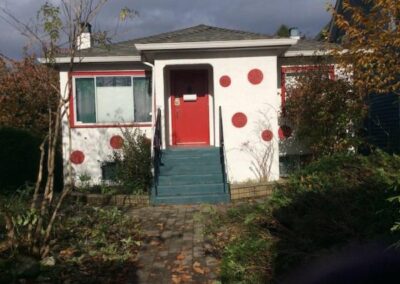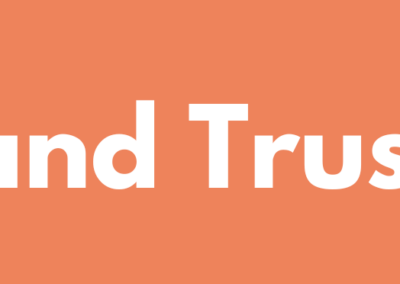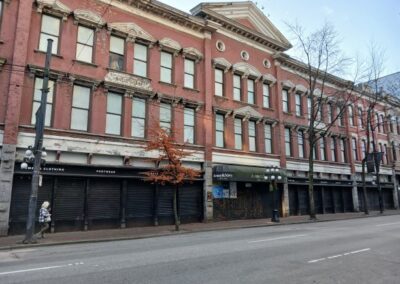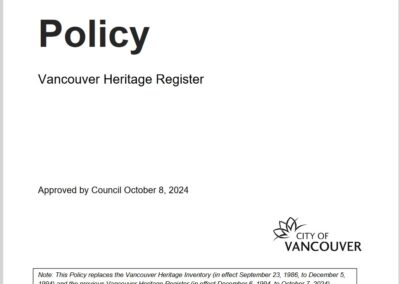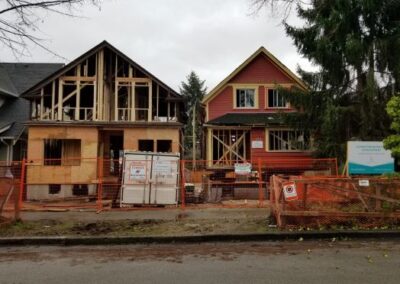About
On December 7, Heritage Vancouver held a debut screening and talk of its short film How I Got My Queer Back. The film project follows our vision of a Vancouver where everyone acknowledges, comprehends and values the diverse ways people forge deep connections to place. It was conceived when the original location of the Little Sister’s bookstore (at 1221 Thurlow) was demolished in the fall of 2018.
We collaborated with award winning filmmaker Aerlyn Weissman to make a follow up short to Aerlyn’s 2002 documentary Little Sister’s vs. Big Brother which documented the legal battle at the Supreme Court of Canada between the independent gay and lesbian bookstore and Canada Border Services Agency over censorship and the CBSA’s seizure of books and materials it labeled “obscene”.
A change in Aerlyn’s life circumstances saw additional artists join the documentary project including award winning artist, filmmaker and digital storyteller Lorna Boschman to help complete. The result is a work that launches off of the original film about the bookstore’s legal battle to reflect on coming together for shared purpose, the role of physical places for community, life’s challenges, and queer joy – the complex and personal emotions by members of the Queer community that sustain the fight for inclusion and equity.
The documentary and event is a departure point for Heritage Vancouver to focus on the theme of what it means to be queer in the city and that cultural heritage. The event was a very warm gathering and really made us feel the importance of opportunities for people to come together.
Why on the Top10
There is not much focus by heritage organizations born out of the preservation movement on queer heritage. Like other communities whose identities and cultural connections are not directly tied to the idea of architecture, that work is often done by members of the community themselves. The original location of Little Sister’s at 1221 Thurlow is a significant site and the demolition of the building was our introduction into meeting and talking to LGBTQ members about their heritage in the city and providing support and working with several members of the community.
While we were working on the project, several important realizations and themes arose- one concerns the question about elders and younger generations: what is the legacy of that court battle, the demolished building and the people involved and what it means for today? Another is concerned with places of community building, mutual support and political expression and how they are related to the challenges ahead for LGBTQ people. How is being queer reflected in the city through urban space and the recording of social history? Finally, the most significant and humbling reminder for us was how little we may know until we are actually involved with members of a community and learn how they understand their heritage and how they express it.
This project allowed us to learn and be introduced to some members of the queer community and we were fortunate to be awarded this grant that allowed us to do work aligned with our mission, and provide a platform to present this story and the stories of a few that were involved. We are searching for more resources to expand on these themes.
We are setting up the page for this documentary project and will provide free access to the short film in early January.
We acknowledge the financial assistance of the Province of British Columbia
